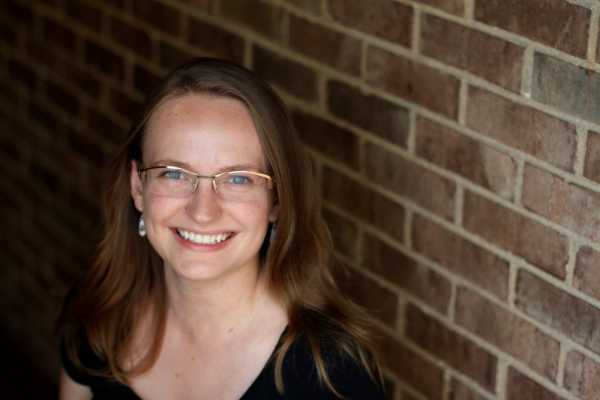
Offered through UCLA's Collegium of University Teaching Fellows program, this course focuses on historical and contemporary cases of refugee migration, with an emphasis on the musical activities of refugees. While centering on refugee music from the Middle East, the course also covers the music of Southeast Asian and Central American refugee communities in Southern California, music education in refugee camps in Guinea and Kenya, and the music of Jewish refugees from Nazi Germany.
Through a combination of interdisciplinary scholarly sources, audio and video media, and firsthand accounts, students were asked to critically consider questions that include, but are not limited to:
- Why study the music of refugees?
- How does music affect people’s memories of life before resettlement?
- What is the role of music in conflict?
Selected material from the Visual History Archive was used for a unit on Jewish music before and after the Holocaust. Students each chose a VHA testimony related to music and completed a close listening analysis worksheet as homework. In class, they discussed the videos in conjunction with Hannah Arendt’s “We Refugees” (1943) and Magdalena Waligórska’s research on the klezmer revival in Germany and Poland (2013). Some of the questions considered included the Holocaust survivors’ perceptions of music’s significance and the ethical implications of non-Jews playing Jewish music in Europe today.
While some students had heard Holocaust survivor testimonies before the class, none of them had ever heard one about music. Many were surprised that music had been in the ghettos and camps at all. Students reported that hearing stories about music helped them understand survivors as complex individuals not unlike themselves. The variety of musical genres represented in the VHA (sacred and secular, classical and popular) allowed students to consider the concept of “Jewish music” from multiple angles. For example, after listening to survivors play Bach and Chopin, the class discussed the closeness of Jewish and non-Jewish musical culture as a backdrop to processes of othering that led to the Holocaust. Students also raised insightful questions such as:
- Does it heal or hurt to play music associated with painful memories?
- How can playing music be a survival tactic?
- Why would people sing humorous songs about life in the ghettos?
- For people who fled, how were their experiences similar or different from refugees today?